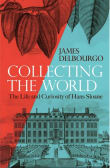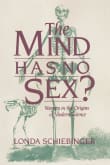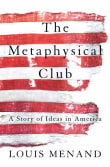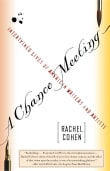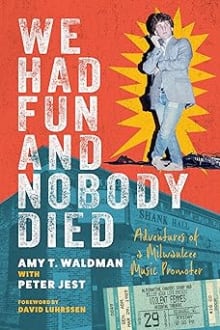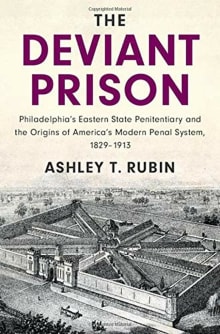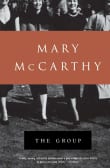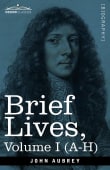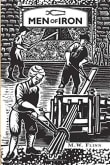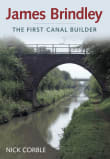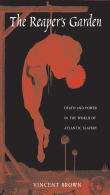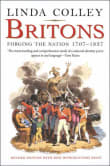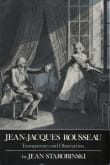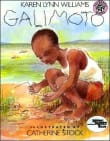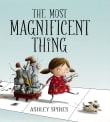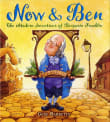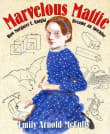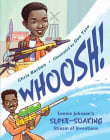The Lunar Men
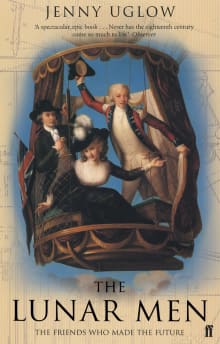
Book description
In the 1760s a group of amateur experimenters met and made friends in the English Midlands. Most came from humble families, all lived far from the center of things, but they were young and their optimism was boundless: together they would change the world. Among them were the ambitious toymaker…
Why read it?
4 authors picked The Lunar Men as one of their favorite books. Why do they recommend it?

What really attracted to me about this book was Jenny Uglow’s ability to bring the eighteenth century alive in her biographies of five men – Josiah Wedgwood, Mathew Boulton, James Watt, Eramus Darwin, and Joseph Priestley – who met every month near Birmingham when the moon was full (so that they could see their way home).
These men genuinely transformed the world with their discoveries that created and powered the first factories and revolutionized our understanding of the natural and chemical worlds. For some reason I always remember Uglow’s description of Wedgwood, who invented the process for mass producing china,…
From Nicholas' list on why the Enlightenment is the beginning of the modern world.

Several Industrial Revolutionaries and their scientist friends in 1765 formed the Birmingham Lunar Society, which met monthly on the night of a full moon to discuss the latest scientific developments and their applications.
Uglow chiefly focuses on five members: Matthew Boulton (the Society’s central figure), James Watt (who joined Boulton in partnership in 1775), Erasmus Darwin (scientist, grandfather of Charles Darwin), Josiah Wedgwood, and Joseph Priestley (chemist).
Priestley did not move to Birmingham until 1780, so played no role in the Society’s early years, but later injected political radicalism into the Society.
Peripheral members of the society included Benjamin Franklin,…
From Martin's list on industrial revolutionaries.

Birmingham’s Lunar Society’s members, among them James Watt who invented steam engines, Joseph Priestley, who discovered oxygen, Josiah Wedgwood, potter and visionary, met to dine on nights of a full moon (because then you could see to ride back). Birmingham in the 18th century was full of new ideas and the wealth they produced, and this sparkling book reflects its excitement.
From Ruth's list on group biographies.
If you love The Lunar Men...

In her innovative Lunar Men, Jenny Uglow demonstrated the value of collective biography and the significance of collaborative activity in scientific research. Her characters are not lone heroes set above common humanity, but instead are real-life people whose ambitions and setbacks, joys and griefs, loves and enmities, political affiliations, and religious rivalries are brought gloriously alive through her empathetic use of hand-written letters and manuscripts. Unusually, wives and daughters feature as crucial actors in her stories of the interlinked Midlands families who drove Britain’s industrial progress.
From Patricia's list on enlightenment science.
If you love The Lunar Men...
Want books like The Lunar Men?
Our community of 12,000+ authors has personally recommended 100 books like The Lunar Men.

